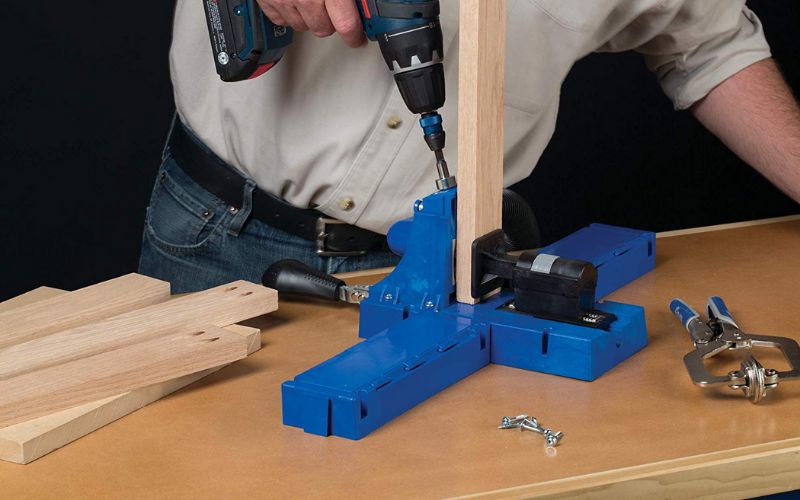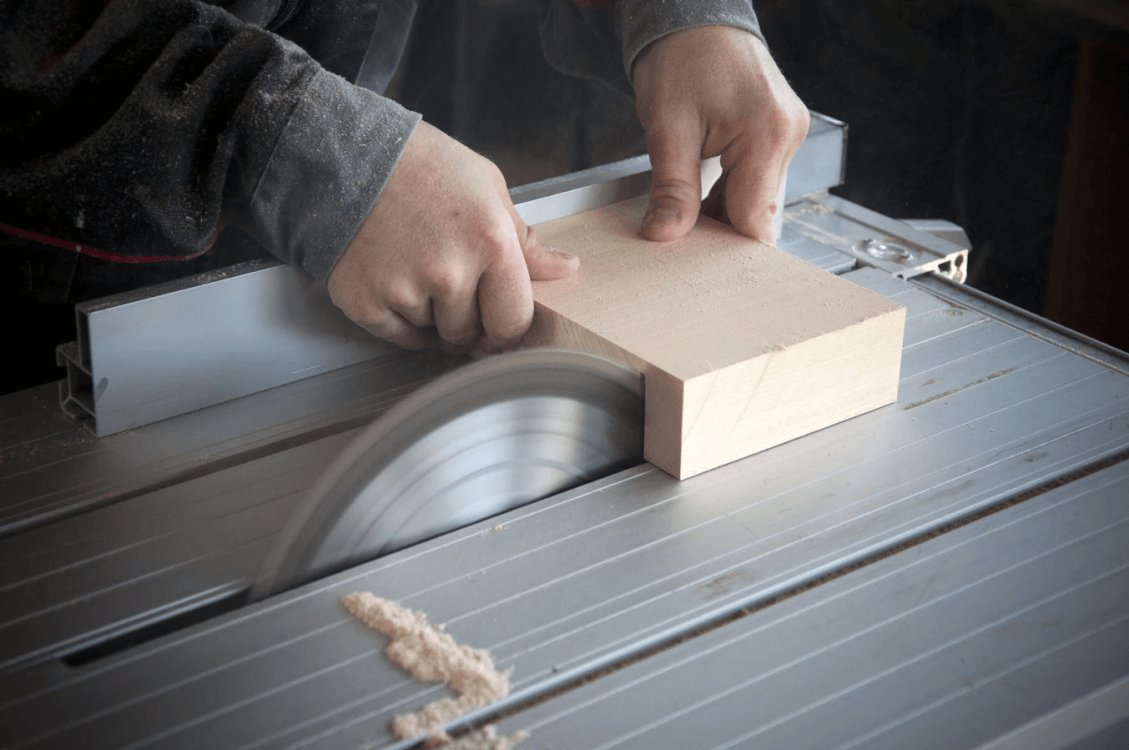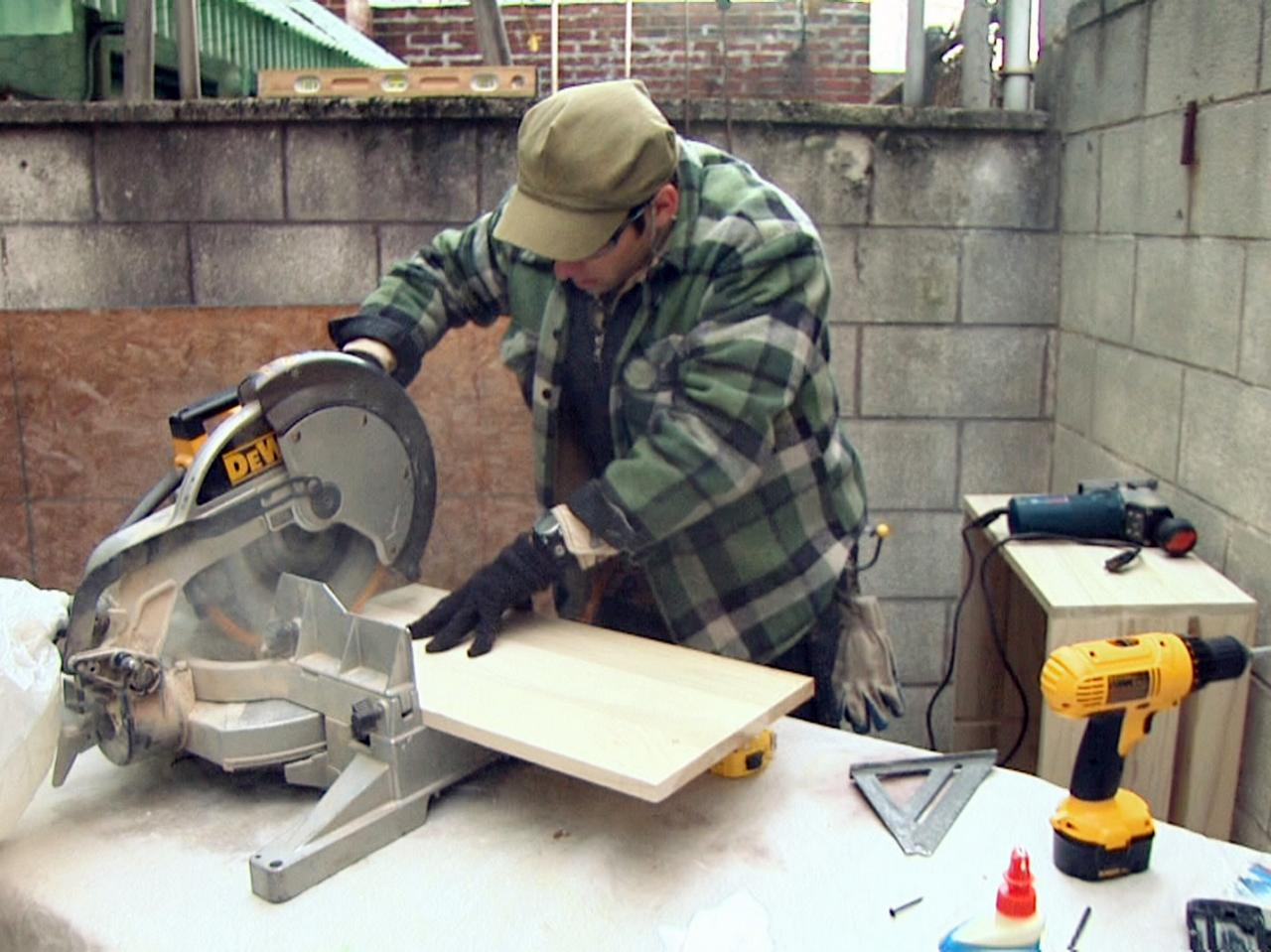Woodworking includes a variety of tasks that anyone can explore. From simple projects such as frames to intricate ones like cabinet-making, and woodworking that can be more diverse than it seems. Woodworkers, as the woodworking experts, have the creative minds to turn ideas into a tangible project. They also possess the expertise in handling various tools as their only ally in turning their ideas into reality.
If you are planning to start a DIY project or interested in expanding your woodworking knowledge, you might want to start listing the various tools that are the most important. Note that the most useful tools essential for woodworking will change how your finished project will look and will also push to optimize your time.
What are commonly used hand tools?
Hand tools, as defined, are the tools held in hand without the use of electricity or other power sources. Although these tools do not have a motor-like power tool, woodworking projects will be impossible without these hand tools. The following are some of the most useful hand tools in woodworking:
- Chisels. A chisel is a cutting tool with a sharp edge at the end. It is mostly accompanied by a mallet or hammer and very helpful in working or shaping solid materials like wood or stone.
- Hand planers. The hand planer is a manual tool with handles located on the top and has a flat surface at the bottom. It has a sharp blade positioned at a precise angle at the bottom of the plane. It is essential when shaving, shaping, or slicing the edge of the wood.
- Sharp pencil. A pencil is a very important tool in woodworking. It is responsible for making marks or fine lines in a material after taking the measurement you need.
- Ruler. A ruler is a tool that can be used in taking measurements, especially on smaller or shorter pieces of materials like wood. It is also ideal if you want to draw perfectly straight lines in a wood board.
- Square. Square is a woodworking tool that can be used in taking measurements like a ruler. Square, however, is a tool used to determine an accurate 90-degree angle. It is essential when ensuring an even or straight surface, faces, ends, and edges of various materials.
- Tape measure. A tape measure is a flexible tool responsible for measuring longer materials like planks of wood, which a ruler or a square cannot do. Aside from its flexibility, it is helpful in terms of its portability and durability.
- Hammer. A hammer, which consists of a long handle and a flat head, is responsible for delivering an impact to drive other tools like a chisel. However, not all hammers perform the same as some have specialized designs to do only specific tasks. You can tell so through the shape and structure of the handle. With its compact composition, it is beneficial to pull and hit fixings like nails into the wood. This is a versatile tool and one of the basic hand tools essential for woodworking.
What are commonly used power tools?
Unlike hand tools, power tools rely on an electrical source for power. These tools have high-powered electric motors and engines and are very reliable in woodworking. Power tools are faster and more competent than hand tools, the reason why it is used in larger and challenging tasks.
- Circular saw. A circular saw is a power tool used to cut various materials like wood, metal, or plastic. It has a sharp-toothed blade to crosscut wood. It can either be mounted to a machine or handheld.
- Cordless drill. A cordless drill is an electrical tool used for making holes in walls or woods. This tool is also helpful in fixing or tightening screws, fasteners, and other fixings on surfaces. The cordless drill works without a cord, which adds another level of convenience.
- Cordless Planer. A cordless planer is an improved version of the hand planer. It is beneficial in planning a ceiling, shaving a wood, or slicing a wood like a manual hand planer. Cordless planer, however, is faster than the traditional planer.
- Cordless angle grinder. Angle grinders are flexible tools that grind or cut hard materials like metals or tiles. This tool can also polish, finish, sharpen, and sand materials. This is most commonly applicable to metal fabrication jobs.
- Radio. A Jobsite radio in a workshop can provide entertainment while working. It can also be a great source of news or information. You can skip a dull and grey environment by putting a radio on your workspace.
Tool Organization
As a woodworker, DIYer, or a builder, you should be aware of the importance of having your tools organized. By implementing specific tool organization techniques, you can quickly locate and put back the tools you need during the working process. You might want to consider the following pointers that will give you an idea of organizing your tools for a better and tidyier workplace.
Build a rack.
In a workshop, a tool rack can do a great job of keeping the tools organized. The tool rack is a practical storage organizer in a garage or workshop. It is typically mounted through the wall with hooks, and most workers find it very convenient to locate and put back tools effortlessly when needed. It is also a great space saver. You can choose to store your tools vertically or horizontally and get it on either side. Accessibility is the winning side of a rack ideal for your collection of tools, and you might want to build one to see how it can greatly help you.
Finally have an organized toolbox.
An organized toolbox will greatly help woodworkers in many ways. The purpose of a toolbox is to organize, keep, and protect the tools of the owner. A significant amount of time and a major amount of energy will undoubtedly be saved if the materials and tools are organized so that it will be easy for the owner to get them. You will also recognize that there is better productivity when the tools are organized since you will be able to save time for working on important tasks instead of spending your time searching for the tools you need.
An organized toolbox will also keep your workspace clean and tidy since you will not have to leave your tools and materials. It will make your workspace free from any hindrance that may affect your efficiency in finishing your tasks.





















